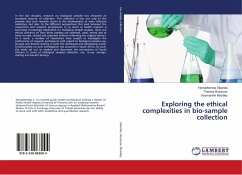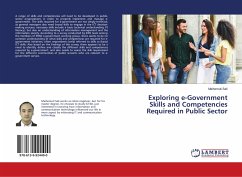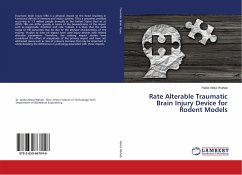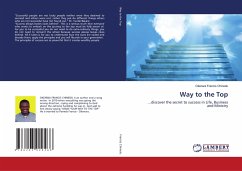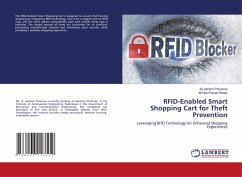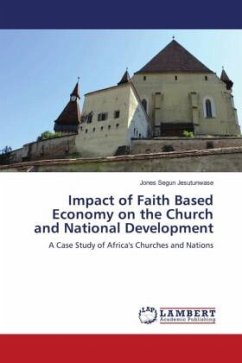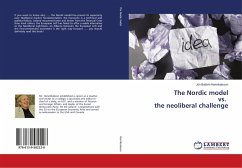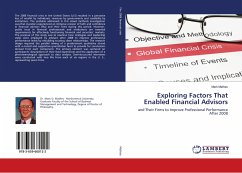
Exploring Factors That Enabled Financial Advisors
and Their Firms to Improve Professional Performance After 2008
Versandkostenfrei!
Versandfertig in 6-10 Tagen
47,99 €
inkl. MwSt.

PAYBACK Punkte
24 °P sammeln!
The 2008 financial crisis in the United States (U.S) resulted in a pervasive loss of wealth by individuals, revenues by governments and credibility by institutions. The problem addressed in this mixed methods investigation was that investors experienced an immense erosion of faith and confidence in financial advisors (FAs) and their firms during this period. However, public trust in financial professionals and institutions are essential requirements for effectively functioning financial and securities' markets. The purpose of this study was to examine how strategies and leadership styles were ...
The 2008 financial crisis in the United States (U.S) resulted in a pervasive loss of wealth by individuals, revenues by governments and credibility by institutions. The problem addressed in this mixed methods investigation was that investors experienced an immense erosion of faith and confidence in financial advisors (FAs) and their firms during this period. However, public trust in financial professionals and institutions are essential requirements for effectively functioning financial and securities' markets. The purpose of this study was to examine how strategies and leadership styles were employed by advisors after 2008 to improve professional performance levels by rebuilding trusting client relationships. The research design required the parallel mixing of a predominant qualitative strand with a nested and supportive quantitative facet to provide for conclusions derived from each component. The primary element was centered on participants' descriptions of their lived experiences and the application of a phenomenological approach to data analysis. Semi-structured interviews were conducted with two FAs from each of six regions in the U. S., representing seven firms.



